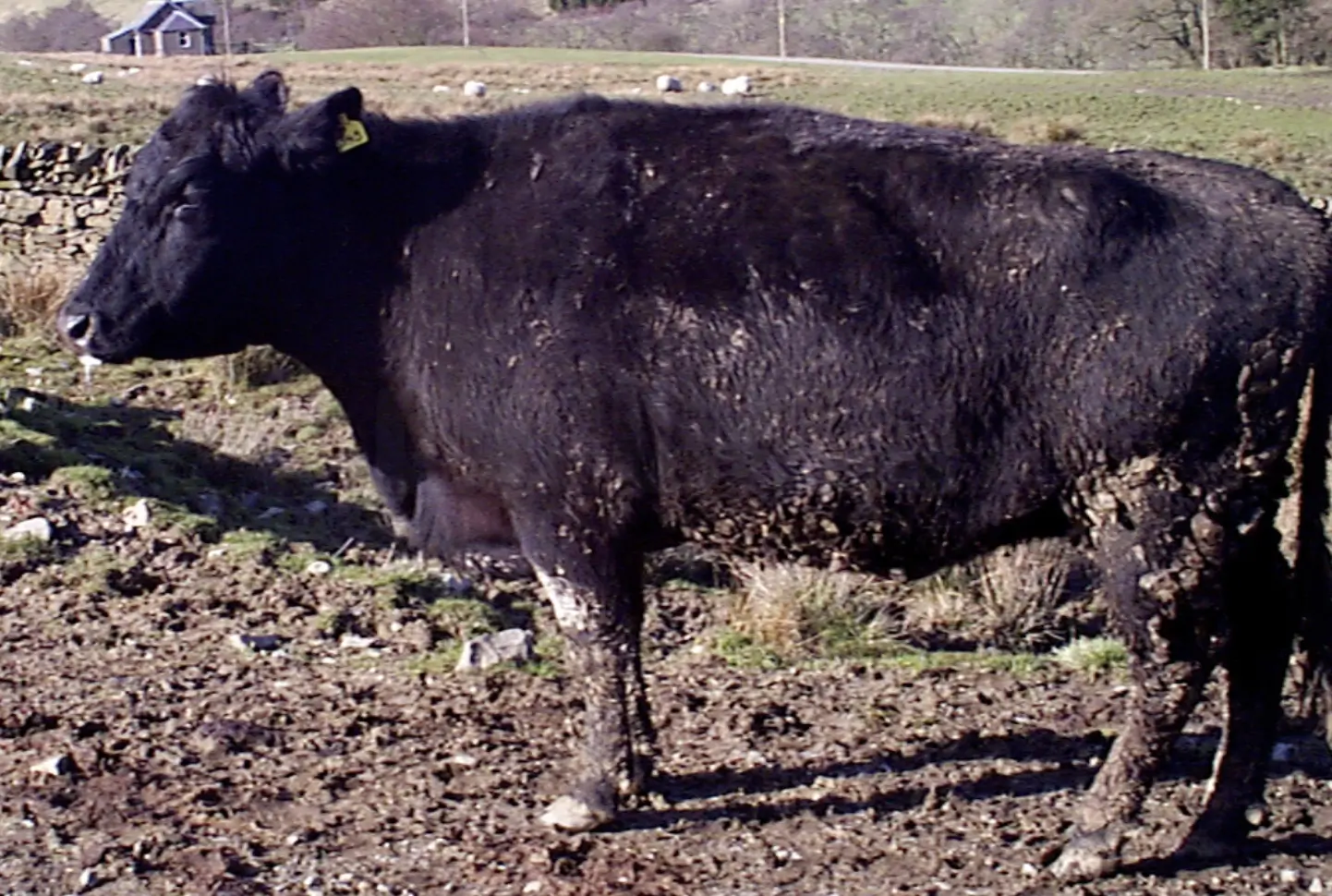Government Takes Swift Action to Protect Livestock Industry
The UK government has introduced strict import restrictions following a confirmed case of foot and mouth disease in Hungary on 5 March 2025. The move aims to prevent the highly contagious virus from reaching British livestock, potentially causing widespread economic and agricultural damage.
New Import Restrictions
From 8 March 2025, the UK has banned imports of:
Live ruminants and porcines – including cattle, sheep, pigs, goats, and deer.
Untreated animal products – such as fresh meat and unpasteurised dairy.
Hay and straw, which could carry traces of the virus.
The ban applies to Hungary and Slovakia, with the latter included due to shared trade links and geographical proximity. These measures follow similar restrictions on Germany in January 2025, after an outbreak in Brandenburg.
The Outbreak in Hungary
The Hungarian case was detected on a small farm near the Slovakian border after farmers noticed unusual symptoms in their cattle, including:
- Excessive salivation
- Lameness and blisters around the mouth and hooves
Laboratory tests confirmed foot and mouth disease, prompting Hungarian authorities to:
Cull the affected herd
Establish a 10-kilometre exclusion zone
While no cases have been reported in Slovakia, its close livestock trade with Hungary has led to its inclusion in the UK’s precautionary measures.
UK Border Controls Tightened
British authorities have reinforced border security to prevent the virus from entering the country.
- Goods already in transit must be pre-notified and checked upon arrival.
- Non-compliant consignments will be turned away.
- Travellers from affected regions are prohibited from bringing meat, dairy, or animal-derived products into the UK.
Government Statement on the Risk
Dr Ruth Harper, the UK’s Deputy Chief Veterinary Officer, reassured the public:
“We’re working closely with European partners to monitor this outbreak. Foot and mouth disease spreads rapidly among livestock, so our priority is prevention. There’s no threat to the UK at present, but vigilance is key.”
While the virus poses no risk to human health, its economic impact on agriculture is devastating. The 2001 UK foot and mouth outbreak led to:
- The slaughter of over six million animals
- Massive financial losses
- Severe trade restrictions
How Farmers Can Protect Their Livestock
Farmers and livestock owners are urged to step up biosecurity measures, including:
Disinfecting equipment and footwear before entering farms.
Restricting visitor access to livestock areas.
Monitoring animals for symptoms, such as:
- Fever
- Mouth and hoof sores
- Lameness (especially in sheep and pigs)
- Reduced milk production in cattle
Government Strengthens Disease Prevention Measures
To support long-term biosecurity, the UK has committed £200 million to upgrade the Animal and Plant Health Agency’s (APHA) Weybridge laboratory.
Farming Minister Laura Bennett reaffirmed the government’s support for farmers:
“Our farmers are the backbone of rural communities. We’ll do everything possible to shield them from threats like foot and mouth disease.”
How to Report Suspected Cases
If you suspect foot and mouth disease, report it immediately:
England: 03000 200 301
Wales: 0300 303 8268
Scotland: Contact your local Field Services Office
Ongoing Monitoring and Updates
While the UK remains free of foot and mouth disease, these strict measures reflect the seriousness of the risk. Authorities will continue monitoring the situation closely and adjusting restrictions as needed.
For further updates, visit the UK government website or check agricultural news sources for the latest developments.







































